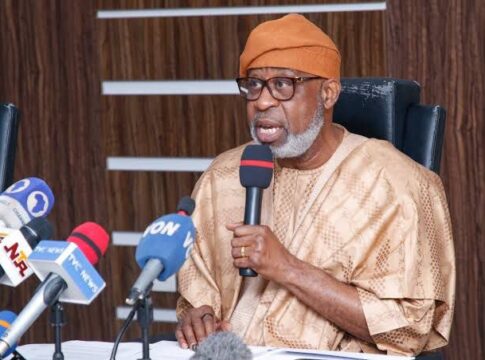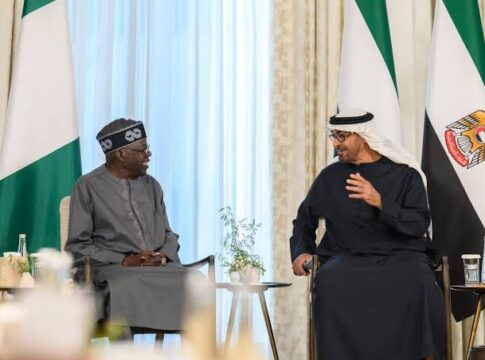Nigeria’s 2025 budget proposal has drawn sharp criticism from the Minister of Solid Minerals Development, Dr. Dele Alake, who says the N9 billion capital allocation for the mining sector is “grossly inadequate” to unlock the industry’s potential.
“Reforms in the mining sector created 45,000 jobs in 2024, and revenue surged to N38 billion, far exceeding the N11 billion projection,” Alake stated via his X account on Saturday. However, he warned that the N9 billion allocation threatens future growth and urged lawmakers to reconsider.
Alake revealed the ministry proposed N531 billion for capital expenditure in 2025 but received less than 2% of its request. “This allocation will hinder exploration investments critical to generating geo-data and attracting major global players,” he said.
Lawmakers Push Back
The Joint National Assembly Committee on Solid Minerals rejected the proposed N9 billion budget, describing it as insufficient to establish mining as a pillar of economic diversification. “We need substantial investments to harness solid minerals and transition to green energy,” said Senator Ekong Sampson, Chair of the Senate and House Committee on Solid Minerals.
READ MORE: Regional Trade at Risk: How Mozambique Protests Impact Zimbabwe, Zambia, and Malawi
Hon. Gaza Gbefwi, the Co-Chairman, criticised the cuts, calling them “a disservice to the sector” and warning that neglecting solid minerals could limit Nigeria’s ability to grow beyond its oil-dependent economy. “If we fail to invest today, future generations will not forgive us,” Gbefwi added.
The committee has suspended the budget’s screening process and invited the Ministers of Budget, National Planning, and Finance to address the issue.
Nigeria’s Untapped Potential
Despite being Africa’s leading energy producer, Nigeria’s mining sector contributes less than 1% to its GDP. Challenges such as underfunding, illegal activities, and low investment opportunities have stifled its growth.
With the global push toward green energy, lawmakers and stakeholders argue that bold investments in the sector are necessary to drive Nigeria’s transition and secure its economic future. “We cannot afford to compromise the next generation’s future for misplaced priorities,” Gbefwi concluded.




